Why You're Looking at the Gender Wage Gap Wrong Part 4
by Dustin M. on Oct 16, 2014 | Views: 481 | Score: 5
| "Common Knowledge" | 2007 Department of Labor Estimate | CONSAD Raw Wage Gap Calculation | CONSAD Adjusted Wage Gap Calculation | |
|---|---|---|---|---|
| Women's income per dollar man earns | 77 | 78.5 | 79.6 | 94 |
Sources:
consad.com

 of
of


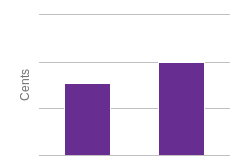
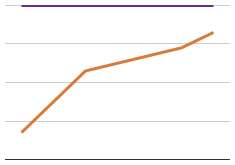
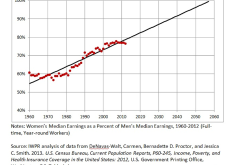
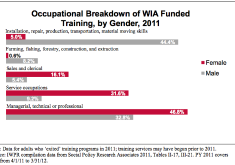
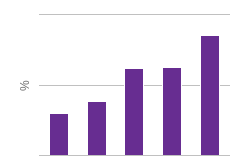
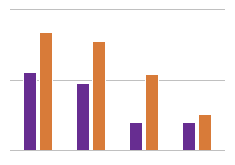
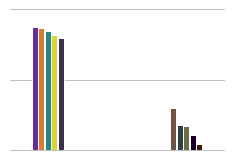
A statistical analysis done by CONSAD and commissioned by the Department of Labor demonstrates the wage gap is not all it seems to be, and when adjusting for individual choices its much more even. The study even concludes that further research on more factors could find the gap in wages is due entirely to personal choice.
The notion that women are paid unequally for equal amounts of work is largely discredited, and attempting to drive policy decisions off the idea of unequal pay is misguided and misses the point entirely. The real question is WHY do women make the choices they do? What is it about our politics or culture (or perhaps even something that is particular to women) that makes women choose careers and make tradeoffs that put them at an earnings disadvantage.
Fascinating chart. Bound to frustrate a great deal of people.
This is an admittedly complex issue. I like that the CONSAD study attempted to normalize for flex-time and career interruptions. However, the study’s conclusion was not that further research could support that the gap in wages “is due entirely to personal choice”, but rather, “that it is not possible now, and doubtless will never be possible, to determine reliably whether any portion of the observed gender wage gap is not attributable to factors that compensate women and men differently on socially acceptable bases, and hence can confidently be attributed to overt discrimination against women.” Therefore, we shouldn’t make policy decisions unless we can prove that some portion of the wage gap is due to discrimination, which makes sense. Also, it would be interesting to study how much of the career interruption is due to lack of affordable, reliable, convenient childcare and employers’ provisions for flexible work arrangements – this all plays into women’s “choices”. Perhaps policy discussions should be focused here.
It would be interesting to see the breakdown of the wage gap, raw and adjusted, by industry, along with the proportion of gender/experience in each industry too, to tease out where greater disparities may lie.
For now, I, for one, will take that estimated $0.06 per dollar adjusted pay gap at $50,000/year to the bank!
Thanks for the feedback. Perhaps "concluded" was the wrong word to use here, as it would lead one to understandably believe that it was lifted directly from the conclusion of the report. Rather, it was lifted from the foreward that summarized the report, where it was stated: "In principle, more of the raw wage gap could be explained by including some additional
variables within a single comprehensive analysis that considers all of the factors simultaneously;
however, such an analysis is not feasible to conduct with available data bases.... Although additional research in this area is clearly needed, this study leads to the unambiguous
conclusion that the differences in the compensation of men and women are the result of a
multitude of factors and that the raw wage gap should not be used as the basis to justify
corrective action. Indeed, there may be nothing to correct. The differences in raw wages may be
almost entirely the result of the individual choices being made by both male and female workers. "